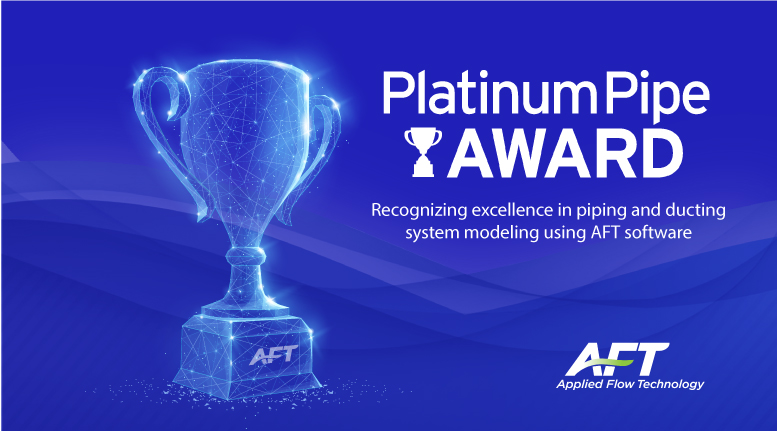AFT Blog
The Great Climate Change Engineering Challenge
When I was a young engineer in the aerospace industry I frequently attended dinner meetings in the San Diego area on science and technology. At one of those meetings (in 1988 or early 1989) the featured speaker was Roger Revelle, often referred to as the father of (man-made) global warming science. Dr. Revelle passed away just a couple years later and while he was far along in years at the time, it was clear his intellect was still sharp. He spent much of his career in the San Diego area at UC San Diego and the nearby Scripps Institute of Oceanography.
That night Dr. Revelle talked at length about greenhouse gasses (carbon dioxide in particular) and the danger of man-made global warming. During the question and answer period Dr. Revelle demonstrated a fair minded approach and said the science was not at all settled on the matter.
Since then a lot has happened in the areas of science and public perception. Every day it seems like my news feed is filled with global warming articles of all sorts. The COP21 meetings in Paris last month drew a heavy amount of media coverage.
Whatever one's views are of the seriousness and/or validity of man-made climate change, I think most engineers would agree that sustainable development is important to the Earth's future (and all its inhabitants) and that continually adding carbon dioxide into the atmosphere is probably not a good idea.
There are many varied responses to the climate change/sustainability issue. A number of leading thinkers and institutions are pursuing technology solutions. For example, this issue has caught the attention of Bill Gates (see this highly interesting recent interview with Mr. Gates - We Need an Energy Miracle). Also see this recent article - MIT joins global hunt for ways to cut carbon. I myself have written on the role of rotating equipment (pumps/fans/compressors) in the energy use/sustainability arena. See The Quest For Controlling Energy Costs.
I am really excited about the latest example at AFT of how the application of system simulation software can make a significant difference in sustainability. The backstory for me personally of this example starts in the year 2014 when Bryan Whitfield, an engineer with international automobile manufacturer Fiat Chrysler, came to an AFT Fathom training class I happened to be teaching. I came to understand Bryan was looking for tools to help with energy reduction at Fiat Chrysler.
In late 2015 we saw the fruits of Bryan's efforts when he submitted an intriguing entry for our annual Platinum Pipe Award. Last month we selected Bryan's entry as the winner in the Operational Benefits and Sustainability category. In summary Bryan identified $200,000 a year in energy savings at their plant in Dundee, Michigan (in the northern USA). Here is a link to the write-up: AFT Fathom Instrumental in Chrysler Energy Savings Project: Plant Saves $194,000 Per Year.
As we have seen repeatedly over the last twenty years, system simulation software like AFT's can make a significant contribution to improved sustainability. This is one area where engineers can address the climate change engineering challenge.



Comments